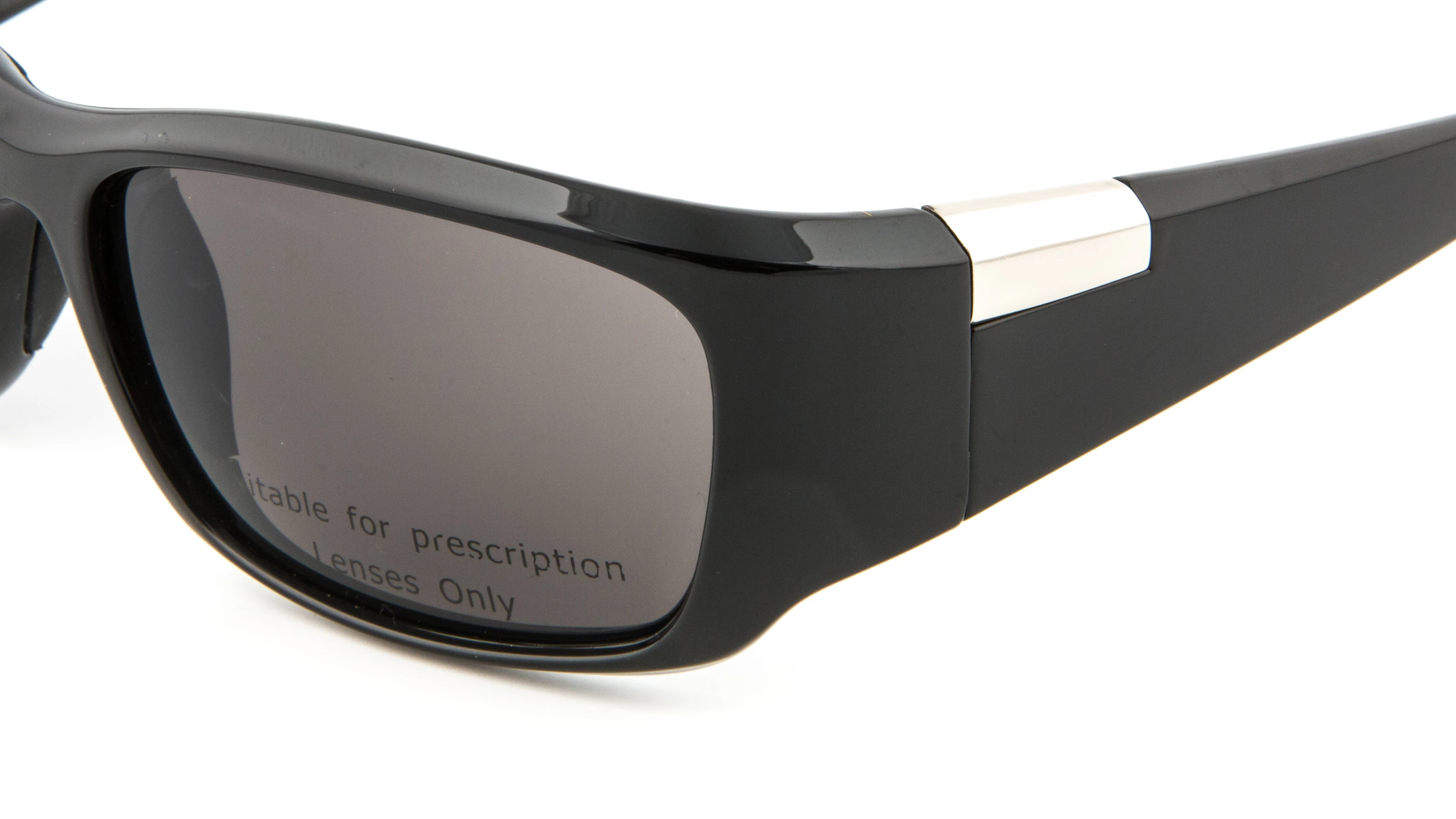
Member Article
Protecting the eyes from sun exposure
Employers have responsibilities to employees regarding all ‘at work’ activities. With the summer finally seeming to have started in earnest, Specsavers Corporate Eyecare is encouraging employers to consider eye care as part of their sun protection policy.
The following facts and myths will help employers and employees to understand the issues:
It is the skin that is in most danger from the sun False: UV rays can be as harmful to your eyes as they are to your skin.
The sun does not cause any long-term damage to the eyes False: Ultraviolet (UV) rays emitted by the sun can cause short- and long-term eye damage including cataracts and age-related macular degeneration. Excessive exposure to the sun can cause a painful sunburn-like inflammation of the cornea at the front of the eye. This can greatly increase the risk of developing more serious, even sight-threatening, conditions in the future.
All sun glasses offer the same protection False: Poor quality sunglasses may cause the pupil to dilate, actually increasing the amount of UV light filtering into the eyes. Check sunglasses comply with BSEN 1836: 1997, or bear the CE kite mark and are marked UV 400.
Dangers from the sun can be reduced by polarised lenses True: Polarised lenses use a layer of iodine crystals to absorb the glare. Non-polarised sunglasses will only have a minimal effect, even though they will reduce the amount of visible light.
The eyelids are particularly prone to cancer True: This is because the skin is thinner here than on most of the rest of the body. Good quality sunglasses will also protect the delicate skin surrounding the eyes.
The style of sunglasses is irrelevant False: The larger the lens, the more protection they will give the eyes as there is less chance that light will filter in through the sides.
Opticians only advise on vision False: An optician is there to provide advice on all aspects of eyecare and not just to provide glasses for those with visual difficulties. Opticians will be best placed to advise on the type of sunglasses for the employee’s needs in terms of protection, comfort and appearance. They may even offer to check the amount of UV protection being offered by the employee’s existing sunglasses.
Sunglasses do not count as Personal Protective Equipment (PPE) False: Sunglasses may not be the first thought for employers regarding PPE, but they are a valid requirement for many employees who work outside or drive.
Sunglasses can be a valued employee benefit True: Employers are in a position to be able to protect the eyesight of their employees while providing a cost-effective employee benefit. Sunglasses do not need to be expensive and may provide a small but highly-appreciated additional benefit.
Having sun protection means carrying two pairs of glasses False: For everyday glasses wearers, sunglasses are also available with prescription lenses. Or, select photochromic lenses, which instantly adapt to light changes, darkening in bright light.
As we’re approaching the summer months, Specsavers Corporate Eyecare is encouraging employers to consider the importance of eye protection from the sun for their employees. There can be misunderstanding around exactly how vulnerable the eyes can be, and the right advice and help is particularly important at this time.
This was posted in Bdaily's Members' News section by Specsavers Corporate Eyecare .
Enjoy the read? Get Bdaily delivered.
Sign up to receive our popular morning National email for free.




 test article 123456789
test article 123456789
 hmcmh89cg45mh98-cg45hm89-
hmcmh89cg45mh98-cg45hm89-
 test456456456456456456
test456456456456456456
 test123123123123123123
test123123123123123123
 test xxxdiosphfjpodskhfiuodsh
test xxxdiosphfjpodskhfiuodsh
 Savour the flavour: North Tyneside Restaurant Week returns for 2024
Savour the flavour: North Tyneside Restaurant Week returns for 2024
 Six steps to finding the right buyer for your business
Six steps to finding the right buyer for your business
 Stephen signs off on a special night
Stephen signs off on a special night
 Life’s a Peachaus: Gillian Ridley Whittle
Life’s a Peachaus: Gillian Ridley Whittle
 Making a splash: Phil Groom
Making a splash: Phil Groom
 Making workplace wellbeing a priority
Making workplace wellbeing a priority
 A record of delivery, a promise of more: Ben Houchen
A record of delivery, a promise of more: Ben Houchen